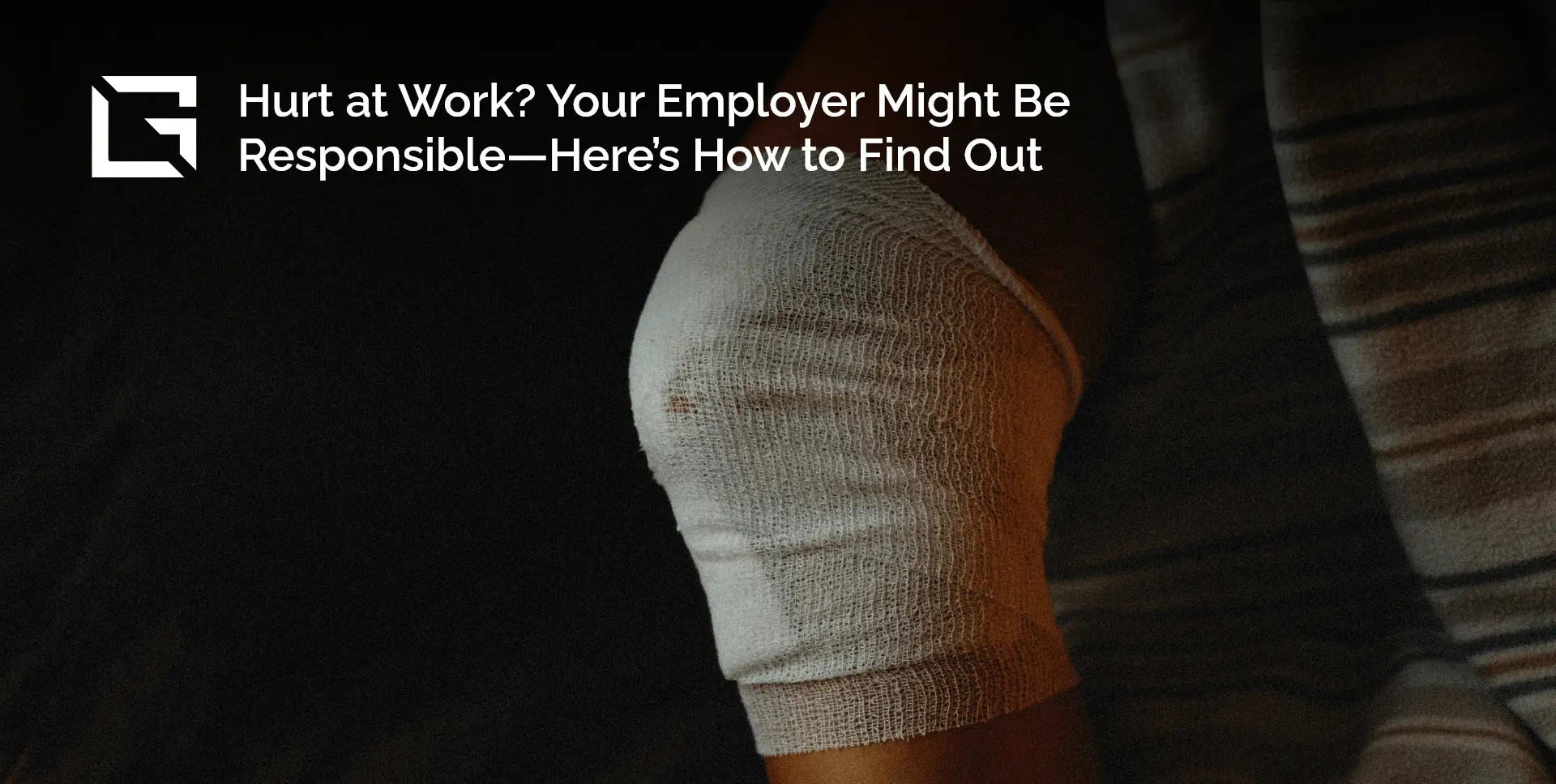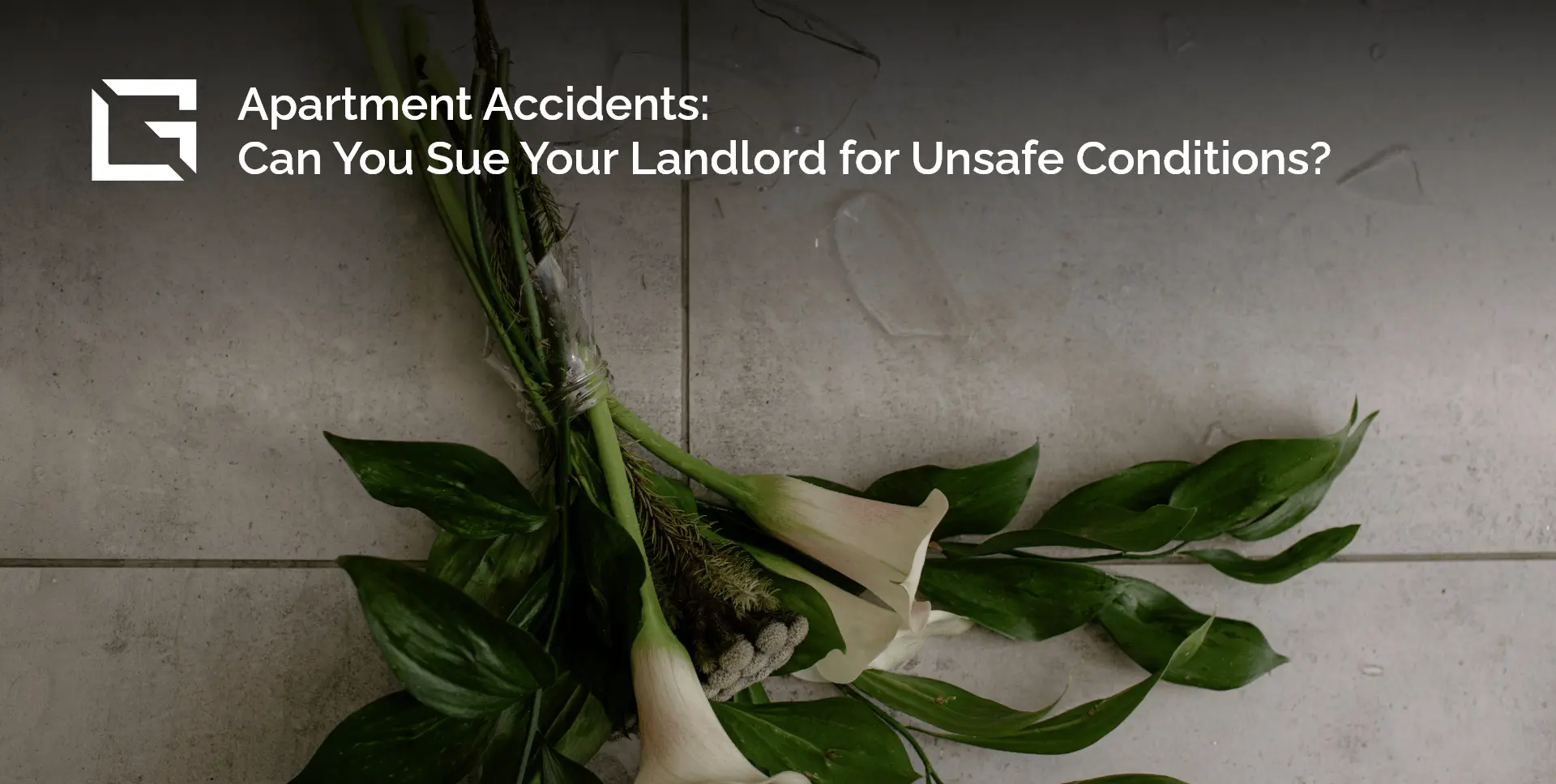Anya was still reeling from the shock of the accident when the insurance adjuster called. His polite tone masked a sense of urgency as if he were counting the minutes until he could close the case. Anya, unsure of her rights and overwhelmed by the medical bills piling up, agreed to a settlement that seemed fair at the time. But as months passed, the true extent of her injuries became apparent, leaving her feeling cheated and alone.
Understanding the Role of Insurance Companies
When a car accident occurs, insurance companies play a pivotal role in determining financial compensation for those involved. These companies typically assign claims adjusters to investigate the incident, evaluate damages, and assess liability. Navigating this process can be challenging, so it’s essential to understand how insurance companies handle car accident claims.
P.S. – Gibb Law Firm is excited to announce the launch of an advanced new resource dedicated to Civil Litigation! Check out our press release to learn how we aim to streamline legal processes, ensuring that clients receive the most effective and informed representation in their civil cases.
The Claims Process: A Step-by-Step Breakdown
- Reporting the Claim: Immediately after an accident, contact your insurance company to report the incident. Provide detailed information about the accident, including the date, time, location, and names of any involved parties.
- Investigation: The insurance company will assign a claims adjuster to investigate the accident. This involves gathering evidence, interviewing witnesses, and assessing the extent of damages.
- Evaluation of Damages: The adjuster will evaluate the damages resulting from the accident, including property damage, medical expenses, and lost wages.
- Determination of Liability: The adjuster will determine who is at fault for the accident. This is crucial because it will influence the amount of compensation you receive.
- Negotiation and Settlement: If liability is determined, the insurance company will negotiate a settlement with you. This involves determining a fair amount to compensate for your losses.
Key Strategies for Dealing with Insurance Adjusters
- Document Everything: Keep detailed records of all relevant information, including medical bills, police reports, witness statements, and photographs of the accident scene.
- Be Cautious: Insurance adjusters may attempt to minimize payouts on behalf of the insurance company. Be wary of any tactics that seem designed to undervalue your claim.
- Consult with an Attorney: If you’re unsure about your rights or believe the insurance company is not treating you fairly, consider consulting with a car accident attorney like Gibb Law Firm, a legal expert in helping get the compensation you deserve.
Scenarios for Legal Separation:
- Reconciliation: If couples hope to reconcile their differences, legal separation can provide a temporary separation while they work on their relationship.
- Maintaining Benefits: In some cases, individuals may wish to maintain certain benefits, such as health insurance or retirement plans, that are tied to their marital status.
- Religious Beliefs: Some religions may have specific views on divorce, and legal separation can be a viable option for couples who wish to adhere to those beliefs.
Understanding Your Policy Limits and Coverage
Your insurance policy outlines the maximum amount of coverage available for bodily injury and property damage. These limits can significantly impact the amount of compensation you receive. If your damages exceed your policy limits, you may be responsible for covering the difference out of pocket.
What to Do if Your Claim is Denied or Undervalued
If your insurance company denies your claim or offers an inadequate settlement, you have options. You can:
- Review the Denial: Carefully examine the reasons provided for the denial and gather additional evidence to support your claim.
- Appeal the Decision: Follow the insurance company’s appeal process to challenge the denial.
- Consult with an Attorney: A car accident attorney can help you navigate the appeals process and negotiate for a fair settlement.
Additional Considerations
- Subsequent Accidents: If you’ve been involved in multiple accidents, the insurance company may factor in your previous claims history when evaluating your current claim.
- Time Limits: Be aware of the statute of limitations in your state, which sets a deadline for filing a lawsuit.
- Bad Faith Insurance Practices: In some cases, insurance companies may engage in bad faith practices, such as denying legitimate claims or failing to investigate claims fairly. If you believe your insurance company has acted in bad faith, you may have additional legal options.
Understanding how insurance companies handle car accident claims and taking proactive steps to protect your rights can increase your chances of receiving fair compensation for your losses.
At Gibb Law, we understand the complexities of navigating the insurance claims process after a car accident. Our experienced attorneys are dedicated to advocating for your rights and ensuring you receive the fair compensation you deserve. With a focus on personalized attention and aggressive representation, we strive to help clients recover from accidents and move forward with their lives. If you’ve been involved in a car accident, don’t hesitate to check the Personal Injury section of our FAQ page or contact our team for a consultation.
Disclaimer: This article is for informational purposes only and does not constitute legal advice. Please contact us to discuss the specifics of your situation.



